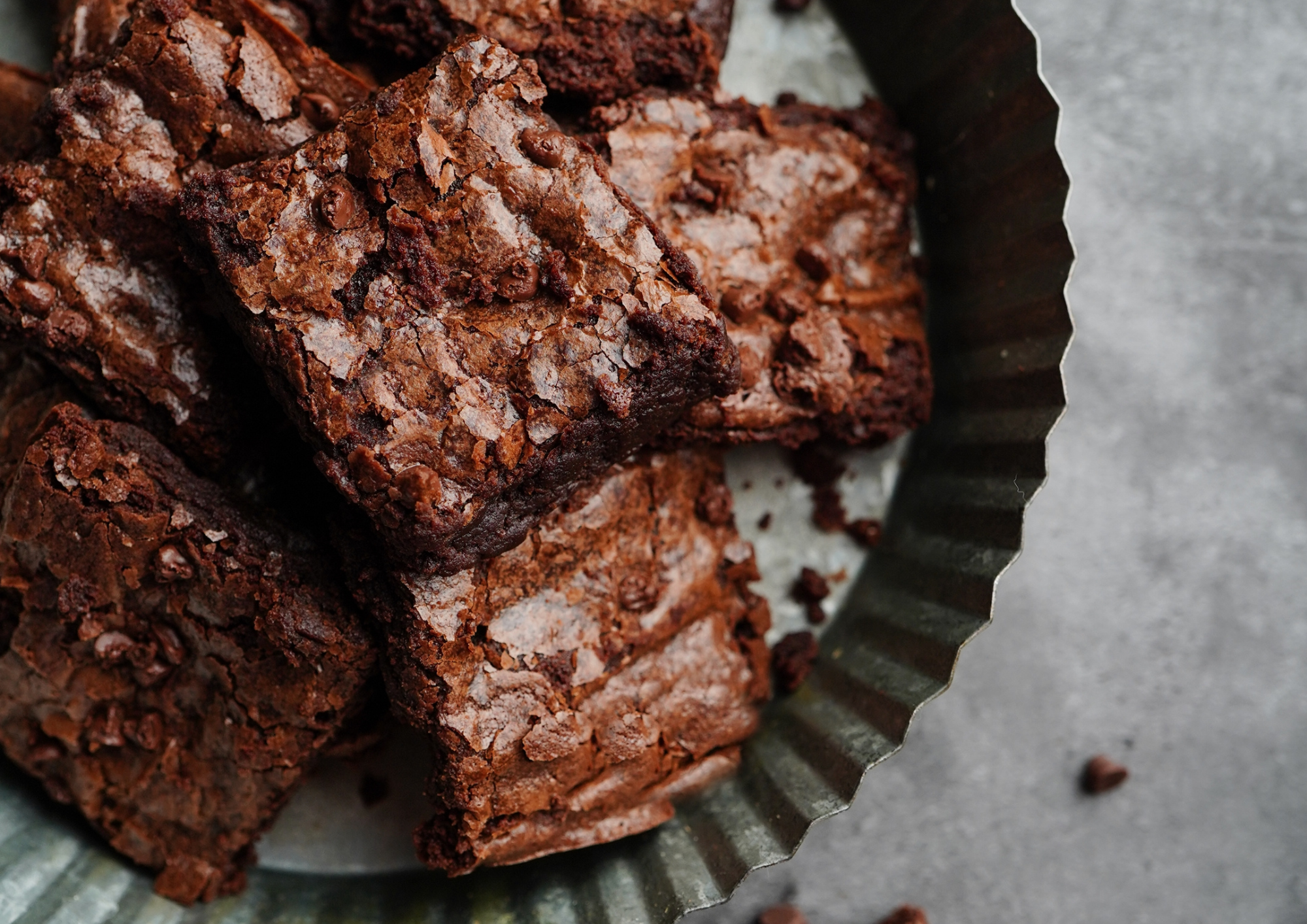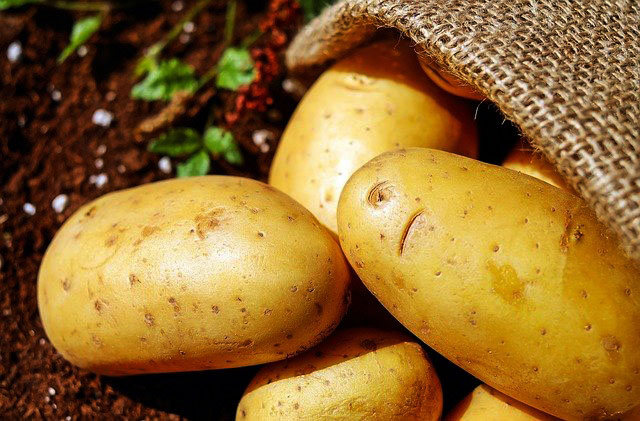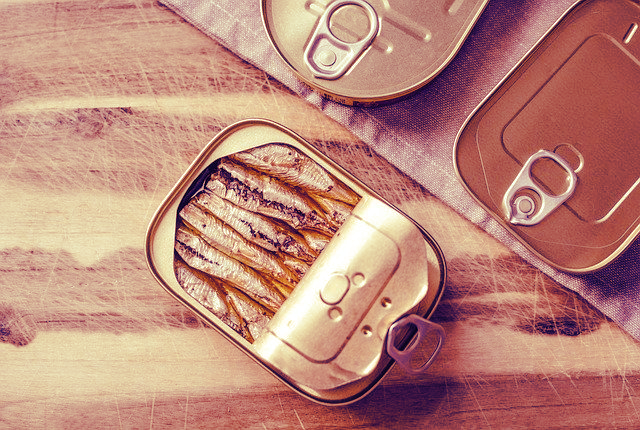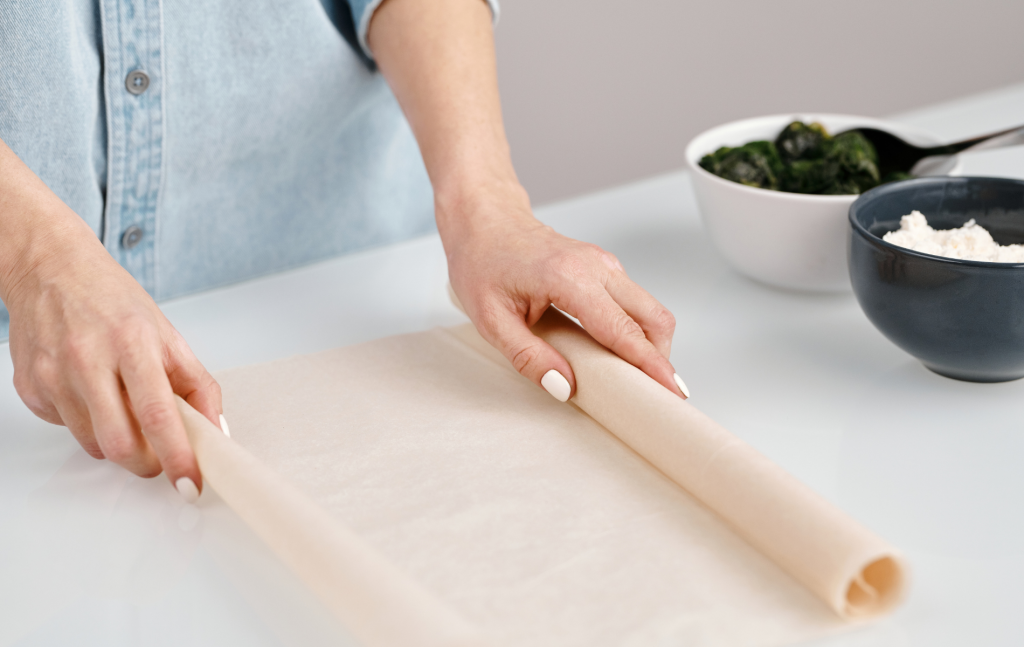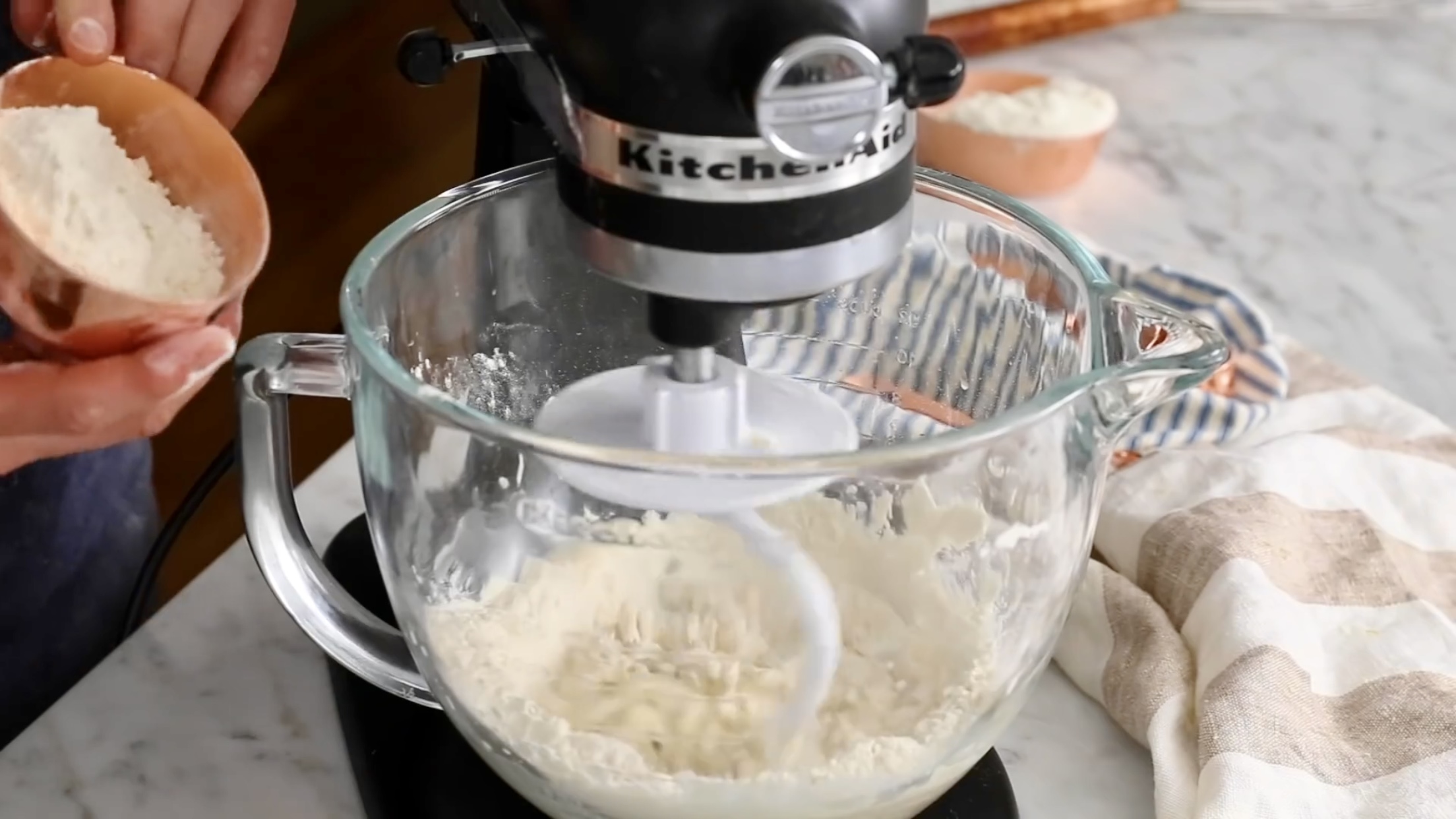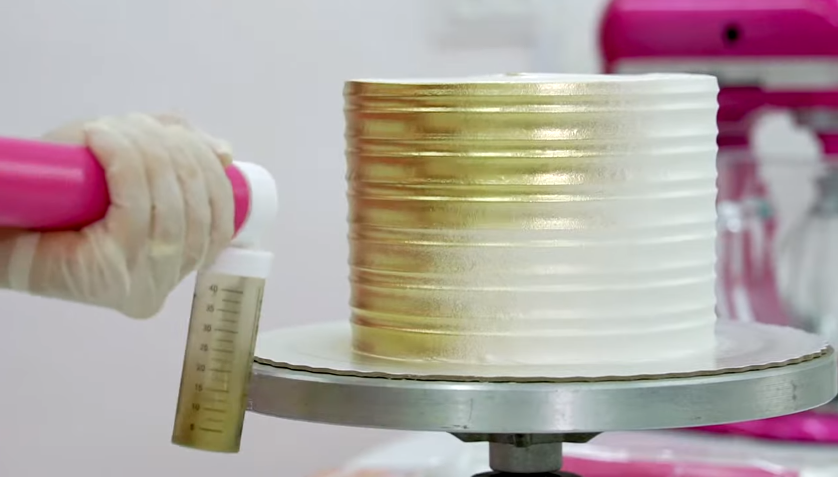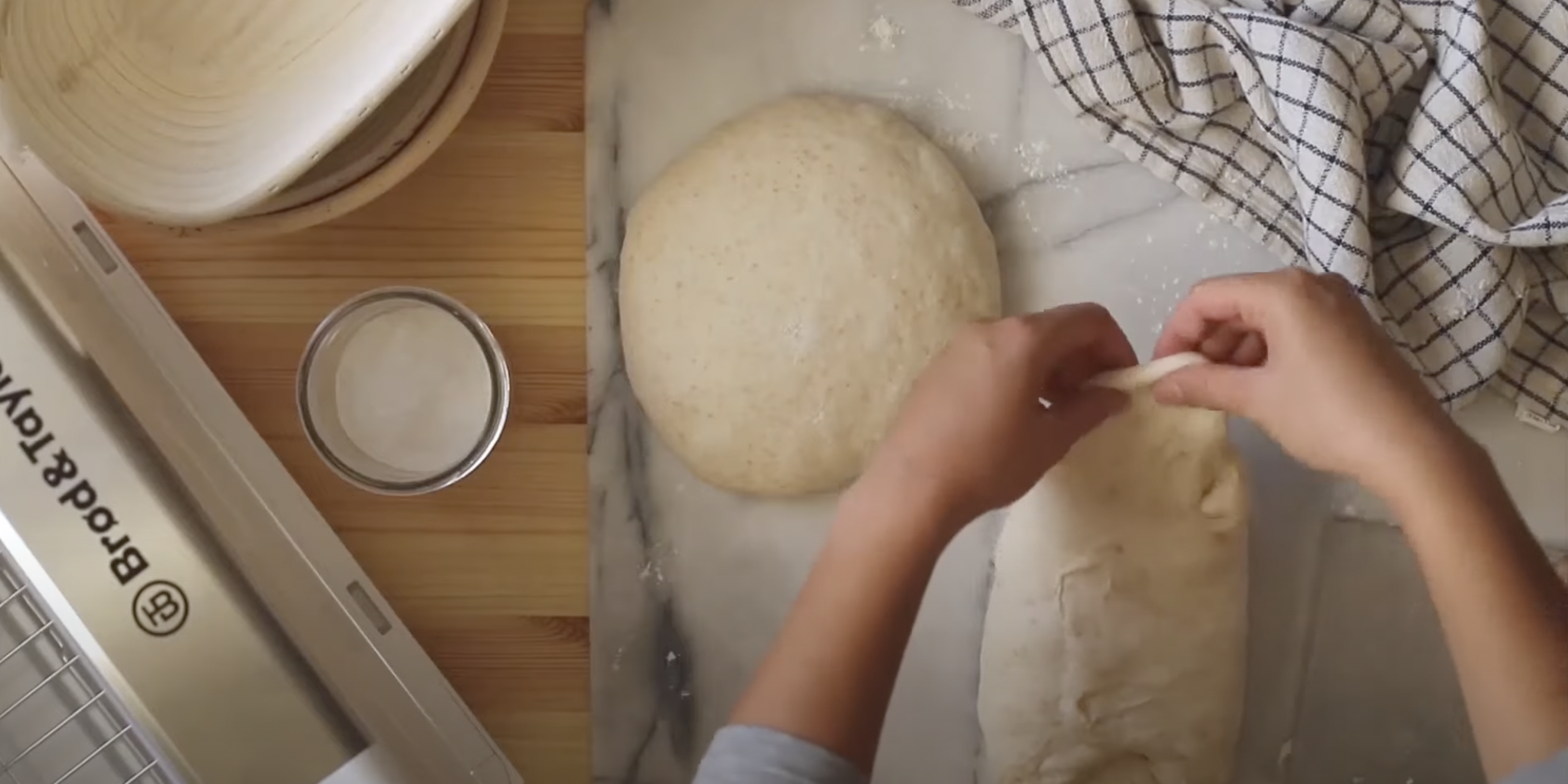If you mean, "can I buy a gallon-sized plastic container of milk and chuck it in the freezer when I get home?," the answer is no. At the very least, you have to free up enough space in the container so that it doesn't burst when the milk expands in freezing. It will expand by 9 percent, so you need to remove about a cup and a half of milk per gallon to prevent a flood.
The other possible interpretation of your question is, "does freezing (and thawing) diminish the quality of milk?"
The people who promote and sell milk do not want you to freeze it. According to the National Dairy Council, freezing causes "undesirable changes in milk's texture and appearance." The dairy council wants every glass of milk you drink to be fresh, cold, and delicious. It wants you to love milk. It doesn't want you (or your children) ever to associate splotchiness or graininess with a glass of milk.
And freezing milk does cause some degree of separation among its components. Skim and low-fat milk freeze (thaw, actually) better than whole milk, as there is less separation. You can shake the thawed milk vigorously or beat it in an electric mixer, but it still will not have the same "mouth feel" as milk that has not been frozen. The dairy board and other milk groups suggest that you might prefer to use previously frozen milk in cooking and baking, and save never-frozen milk for drinking.
There is some disagreement on how long you should keep milk in the freezer (ranging from three weeks to three months). Milk readily absorbs other flavors, so the sooner you get to it, the more likely it will still taste like milk. It should be thawed in the refrigerator, and will take a day or more for a gallon to thaw thoroughly.
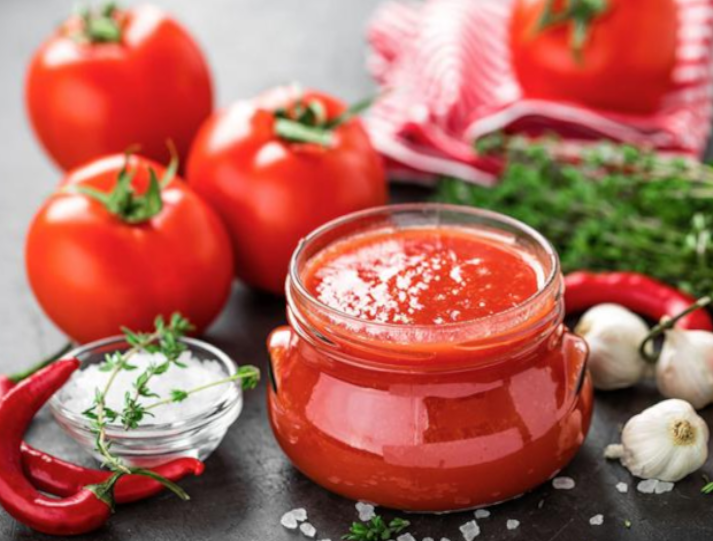
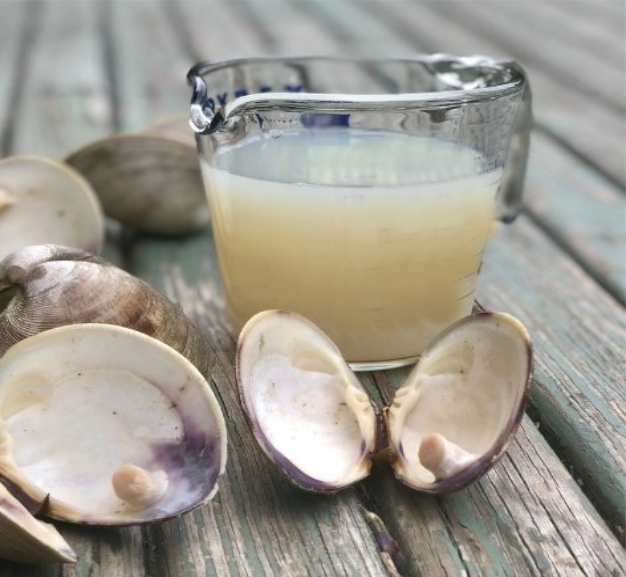


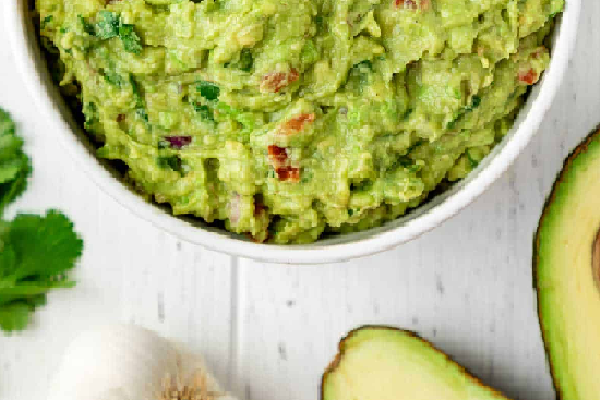


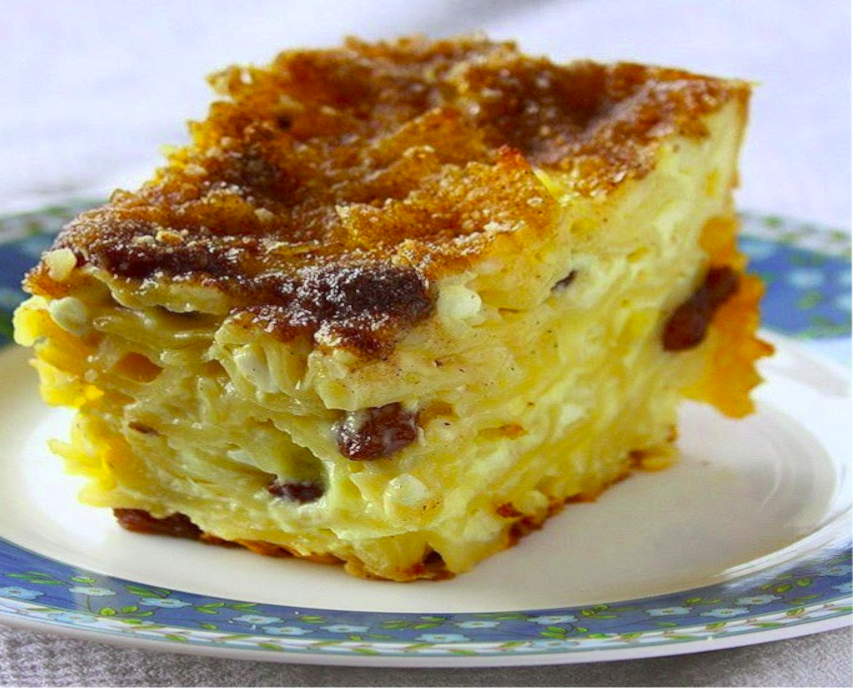


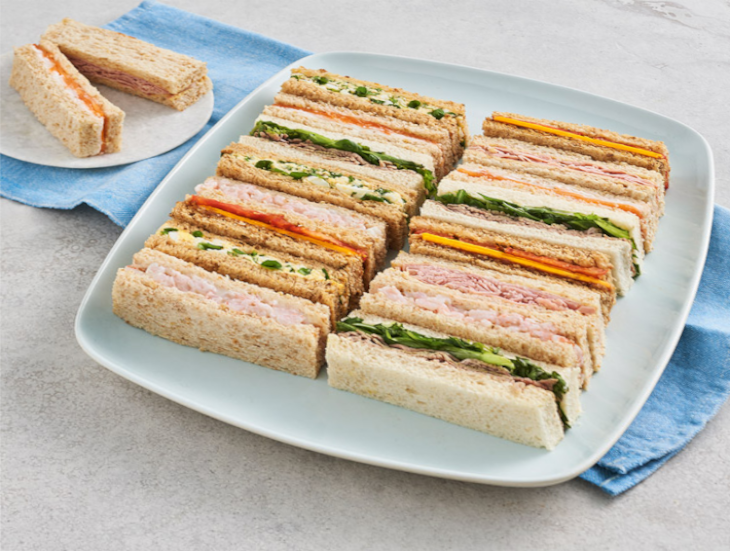



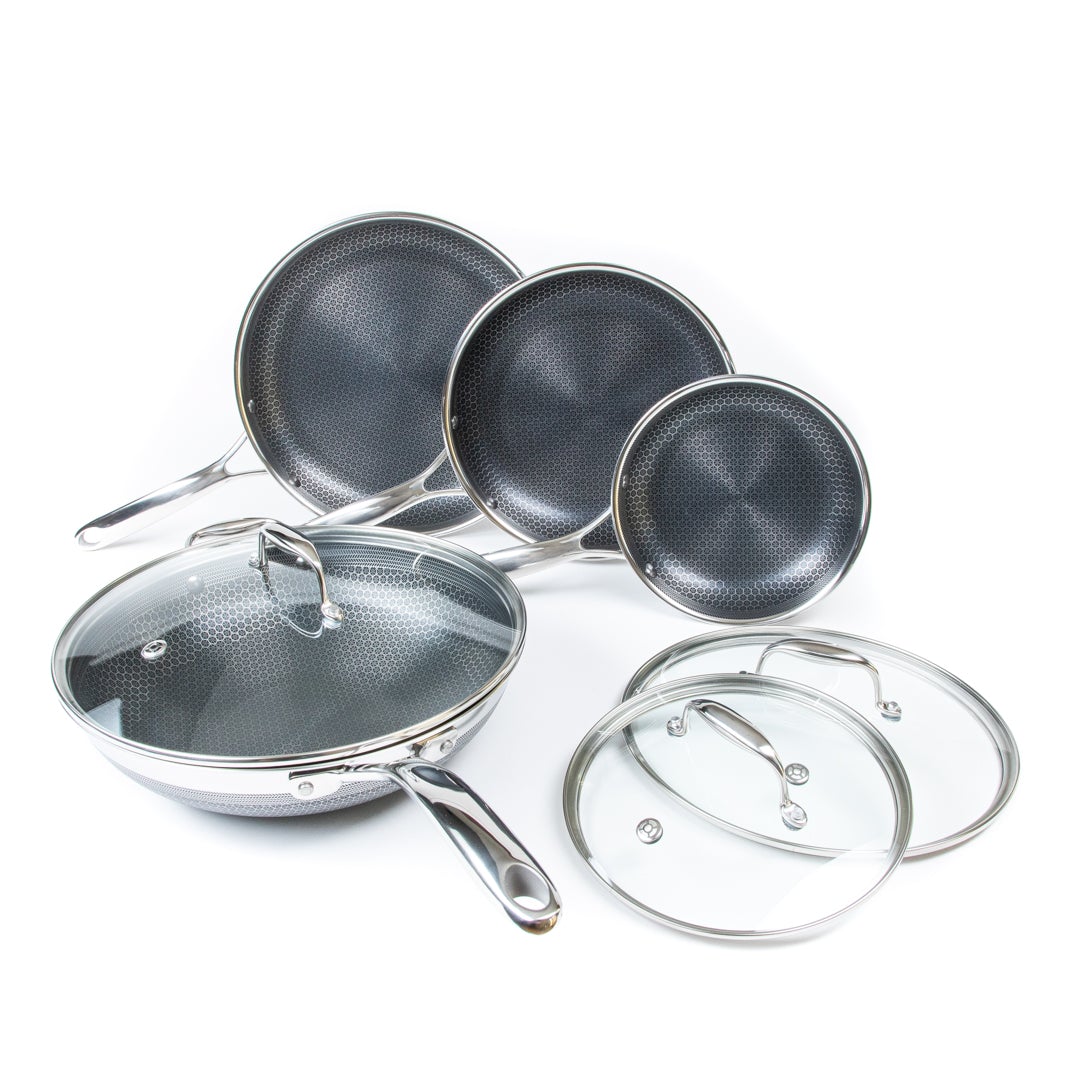
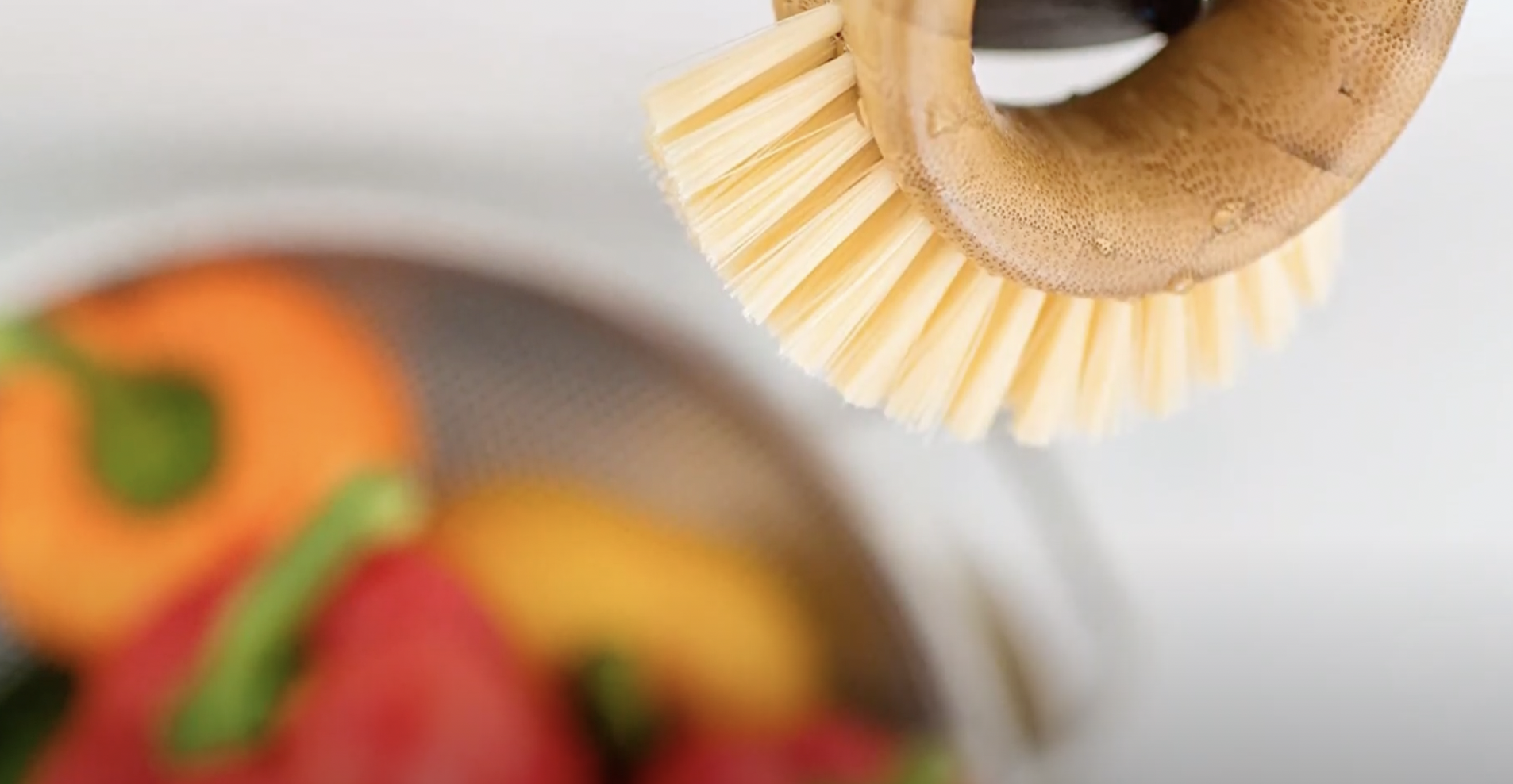

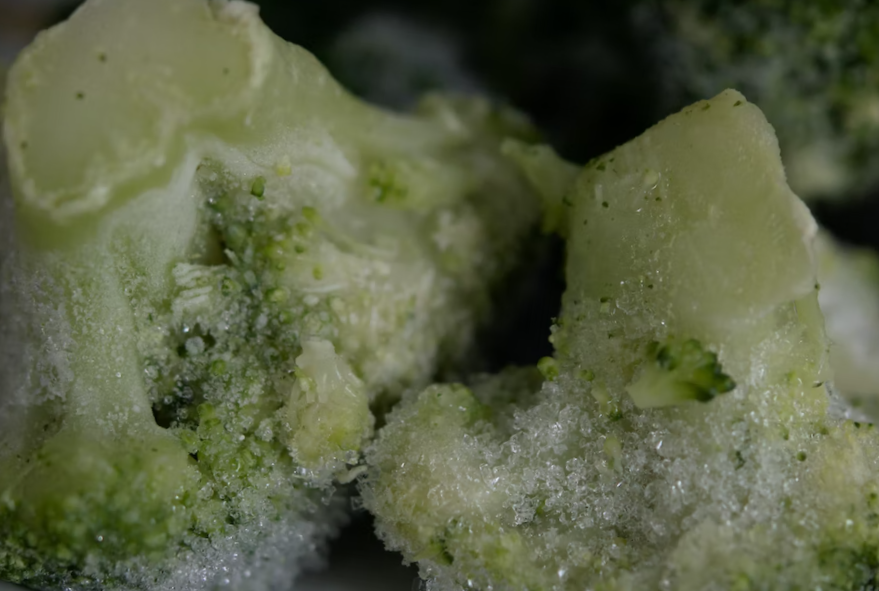
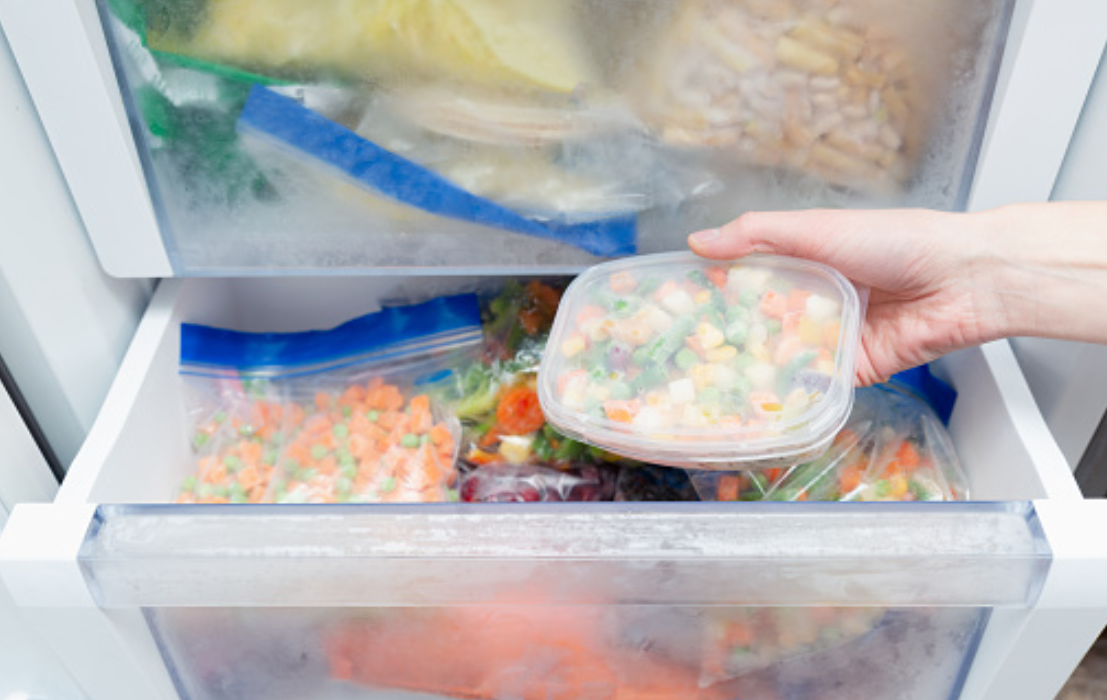
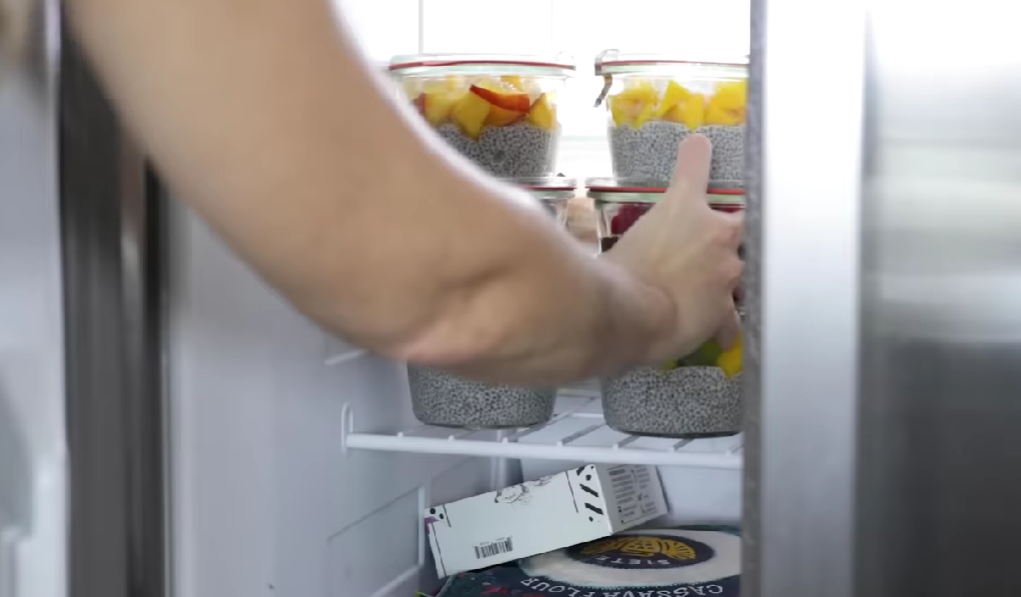
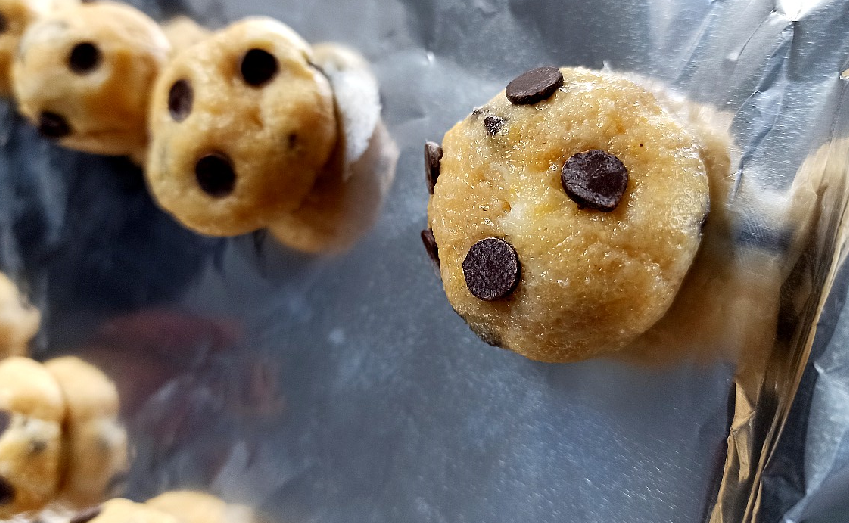
![Can you Cook Eggs in the Microwave? [Complete Guide]](/assets/images/c1f79d1cad59f18f9b5dc31403bd0eb2.png)
